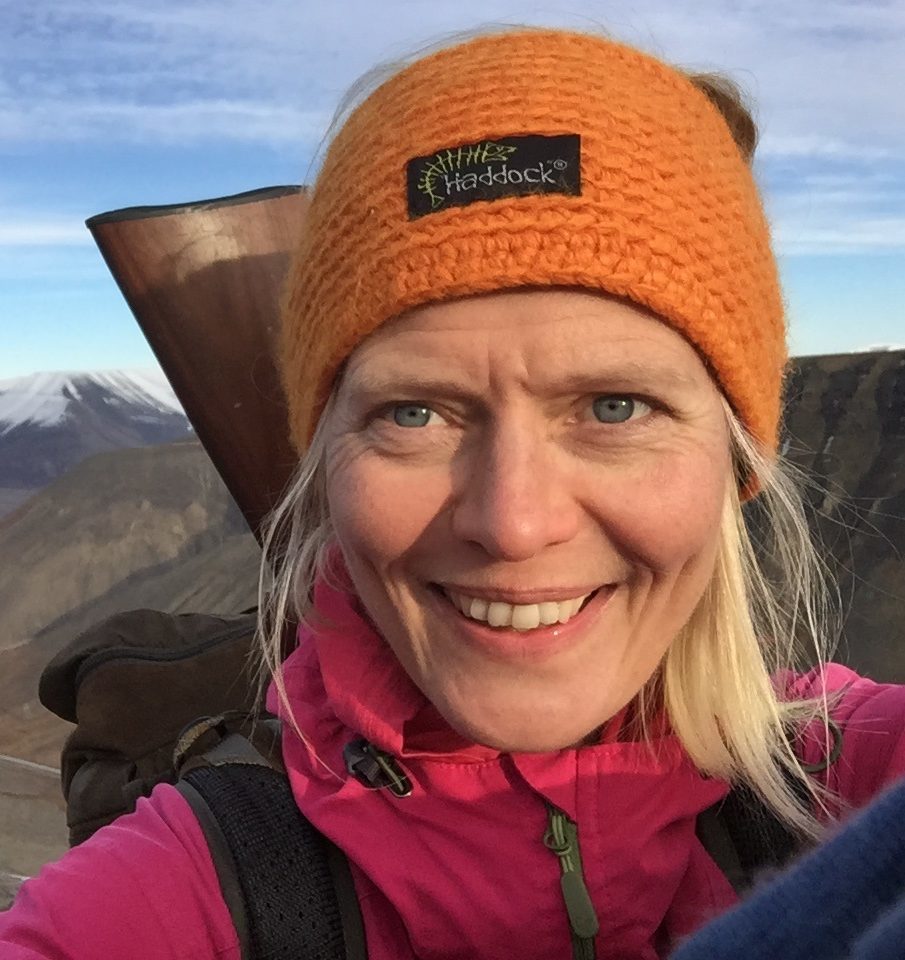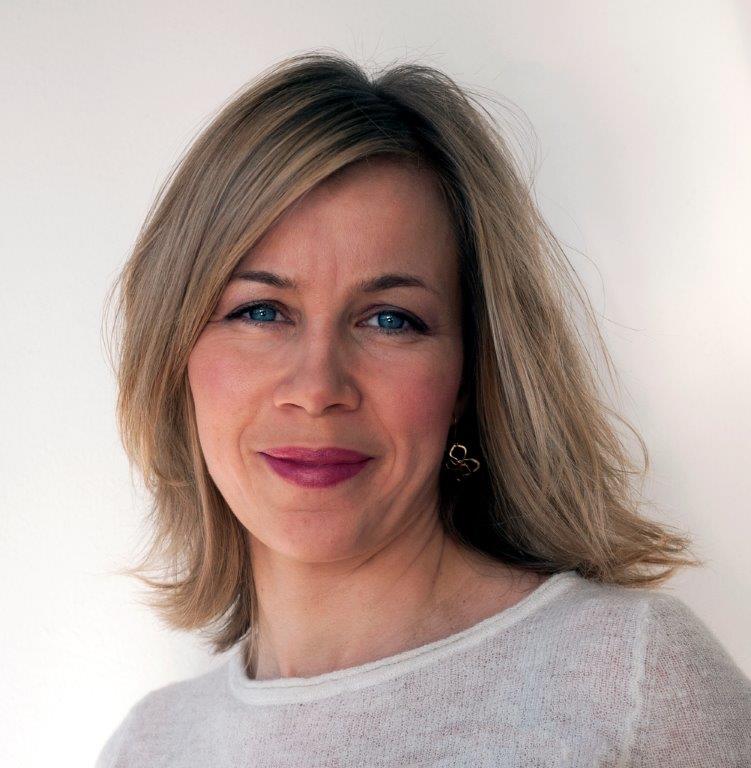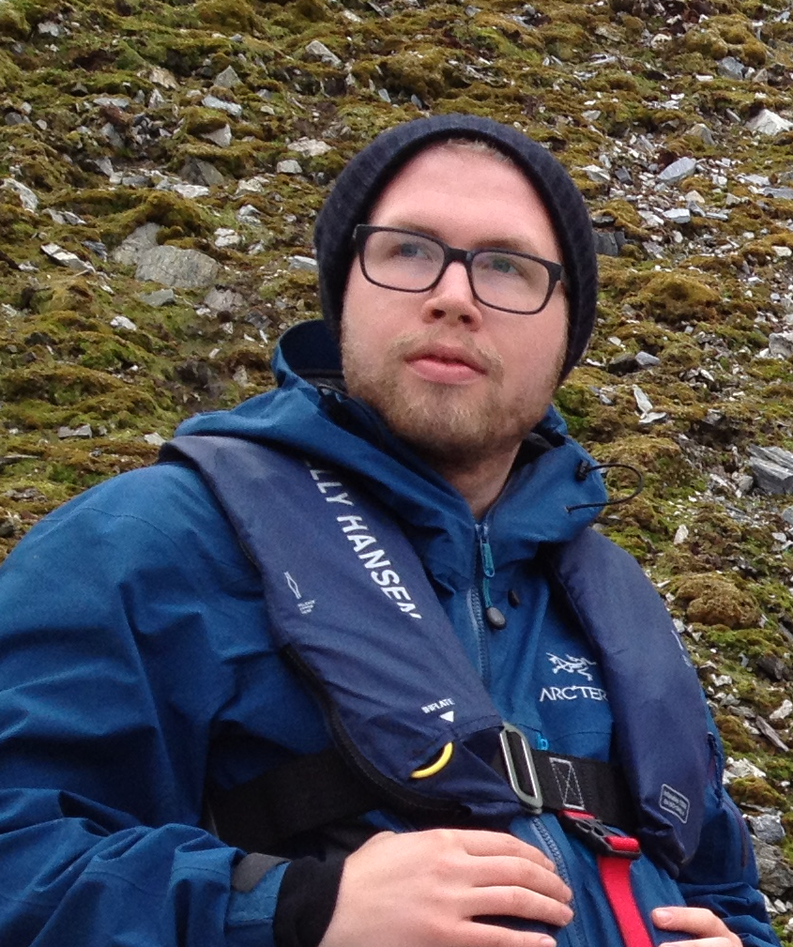Diku funds two new educational development projects at UNIS and UiB
On Friday April 26th, Diku announced that two research projects from UNIS and UiB will receive NOK 4.7 million and 4.5 million respectively over a three year period in support of developing innovative teaching and assessment practices.
The project «Utvikling, testing og evaluering av verktøy og vurderingsformer som fremmer meningsskapende samsvar i feltundervisning / Development, testing and evaluation of tools and assessment forms that promote course alignment in field teaching» is led by associate professor Pernille Bronken Eidesen at the Arctic Biology Department at UNIS and will include the Departments of Biology, Geology and Geophysics at UNIS. The project is in collaboration with BIO and Department of Education at the University of Bergen.
The project «Studentaktiv forskning og overførbare ferdigheter i redesign av biologiutdanningen / Student-active research and transferable skills in redesign of the biology education» is led by associate professor Sigrunn Eliassen at BIO, University of Bergen. The project is in collaboration with UiB læringslab and University of Minnesota.
The Diku funded grants will fuel the researchers to explore some very important questions connected to field teaching and student active research, and will be an significant contribution to the development of the courses and study programmes at the institutions. For closer descriptions of the projects scroll down.
In total 75 projects sought money from Diku, and 12 projects from eight different universities and colleges got funded in this round:
• University of Oslo (3 projects)
• University of Bergen (2 projects)
• OsloMet (2 projects)
• NTNU
• University of South-Eastern Norway
• Inland Norway University of Applied Sciences
• University of Agder
• Lovisenberg Diaconal University College
To get an overview of the different Diku funded projects click here.
It was in 2018 that Diku announced the NOK 40 million in funding for projects that will develop, test, evaluate and apply student centered learning and assessment methods. This funding is the first in a new support scheme that was established after the White paper “Quality Culture in Higher Education” (Melding.St. 16 (2016-2017) and is a part of the Government’s plan for a higher focus on quality in the education sector. Next round for funding will be announced in 2019 with funding allocation in spring 2020.
Development, testing and evaluation of tools and assessment forms that promote course alignment in field teaching
Field teaching is important in a number of disciplines, and a highly valued student active learning form. At the same time, we face some clear challenges when it comes to prepare for field activities and not least assessment forms. Here it is obvious that traditional forms of assessment (e.g. in the form of exam) is poorly suited to capture the learning that is happening; what the students are learning and how they are learning. A review of learning outcomes described for 13 of a total of 15 field-based bachelor courses at the University Centre in Svalbard (UNIS), and 12 associated programme descriptions at four mainland universities, showed that, for example, methodological skills have not been assessed, but are assumed to been achieved. Much of the learning students are achieving in the field is related to tacit knowledge or transferable skills, and is perceived difficult to assess. The challenge is, in other words, to ensure constructive alignment between the desired teaching form and the desired learning outcome on the one hand, and assessment and assessment form on the other hand. We want to do something about this. UNIS is the Norwegian universities arctic campus, and specializes in field teaching. In partnership with The University of Bergen, we will use UNIS as a study object and the test arena for innovative field preparations and assessment of learning in the field.
We have identified three development areas we will focus on: 1) digital tools for preparation and assessment, 2) local field laboratories for assessment of practical skills, and 3) reflection as assessment tool. Combined knowledge from these three focus areas will form the basis for developing an overall design for assessment of field learning in line with the principles of constructive alignment. We will especially focus on the design of overall semester packages, where different courses with field teaching are combined so that they together secure verification of the programme-related learning outcomes.

Project leader: Pernille Bronken Eidesen
Host institution: UNIS and University of Bergen
Funding: NOK 4,776,000 for three years
Student-active research and transferable skills in redesign of the biology education
A central goal in higher education is to develop students’ knowledge, skills and ability for critical thinking through research-based teaching (Ministry of Education and Research, 2018-2019). This involves engaging students in research-related (censu Magi and Beerkens 2016) activities from the start of the education and building core competencies that enable them to ask relevant academic questions, apply scientific methods and understand how knowledge is established and used in scientific contexts and in society (AAAS 2011).
By simply including scientific content in the curriculum (‘research-led teaching’) one does not get the full potential of the interaction between research and teaching (Griffiths 2004). Students must participate actively in the research process (Brew 2013) – development of research competence involves practical training in a number of methods, skills and knowledge which is needed to read and evaluate science, ask relevant questions, apply scientific methods and equipment, solve problems and think critically.
The aim of this project is to use the central elements of research-based teaching to promote student-active learning. Through redesign of the bachelor programme in biology, we will emphasize competencies and transferable skills and focus on alignment between learning outcomes and assessment. Developing common research systems for education and a digital learning platform for transferable skills will structure teaching activity and assessment at different levels of the study programme. Active student participation in the development of learning material and the design of new teaching and assessment methods are central, including a common student journal and research conference.

Project leader: Sigrunn Eliassen
Host institution: University of Bergen
Funding: NOK 4,485,000 for three years



1 Response
[…] are now in the process of redesigning our bachelor programme in biology. This is done through the DIKU-founded project “Student active learning in the (re)design of the biology education”, which is a collaboration between bioCEED, BIO and the UiB Learning lab. An important tool for […]